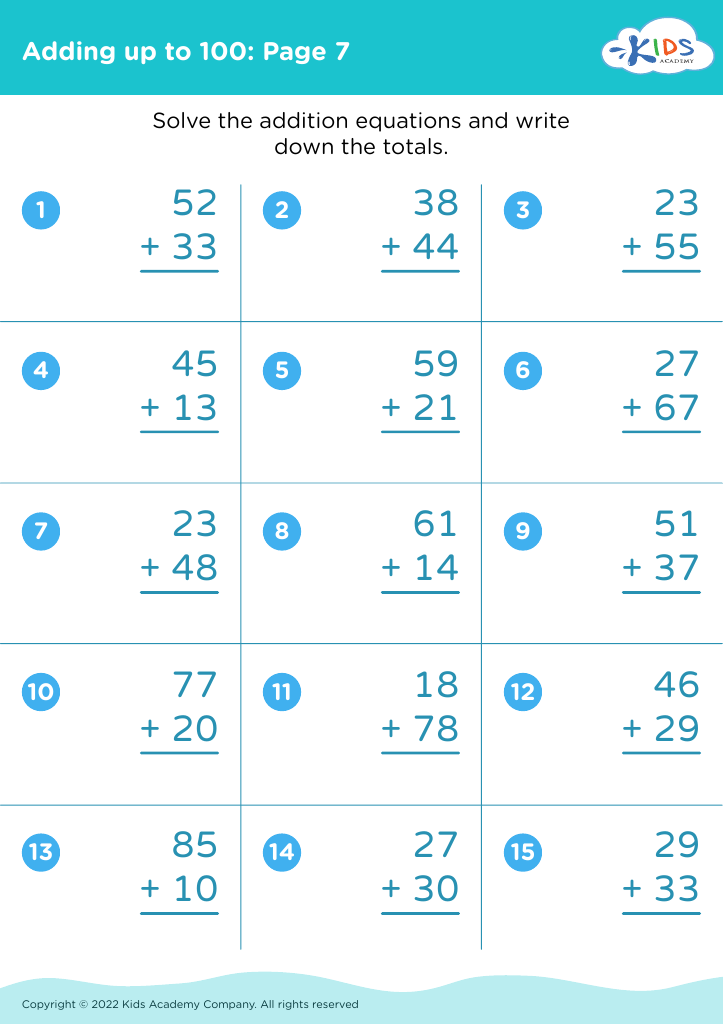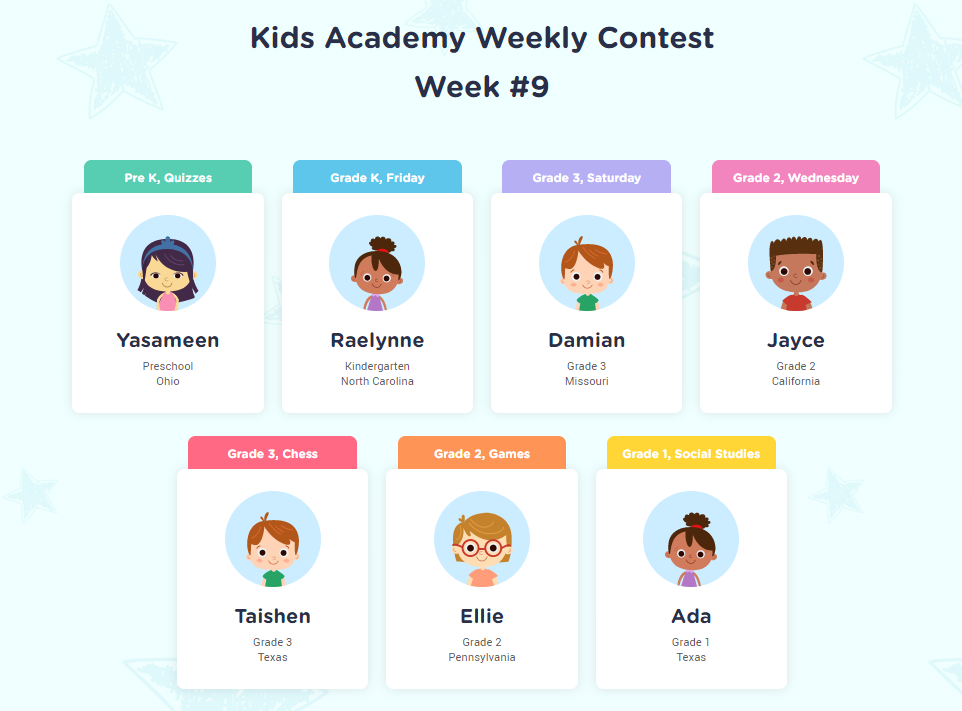Develops mathematical logic Worksheets for Kids
1 filtered results
-
From - To
Question/Answer
What does the Develops mathematical logic skill mean when it comes to Grade 2 Adding up to 100 Misc learning?
Developing mathematical logic skills in the context of Grade 2 Adding up to 100 means teaching students to understand and apply reasoning to solve addition problems up to 100.
How does the mastery of the Develops mathematical logic skill affect a student's performance at an early age?
Mastery of the Develops mathematical logic skill at an early age significantly enhances a student's performance by improving problem-solving abilities, critical thinking, and analytical skills. This foundational competence allows students to apply logical reasoning across various subjects, fosters a deeper understanding of mathematical concepts, and sets a strong academic foundation, leading to improved academic outcomes and confidence in learning.
Why is the Develops mathematical logic skill important for Grade 2 students?
Developing mathematical logic skills in Grade 2 students is crucial because it lays a foundational understanding of problem-solving, critical thinking, and reasoning. Early exposure to these concepts enables children to grasp complex mathematical ideas more easily as they progress, fostering intellectual growth and improving their ability to tackle challenges in math and other subjects throughout their academic journey.












